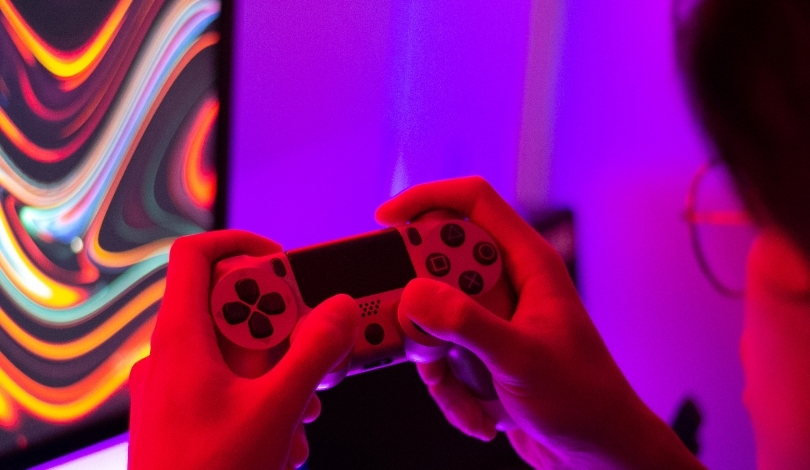Japanese vtuber Usada Pekora’s cameo in Death Stranding 2 has sparked new conversations about virtual influencers crossing into mainstream video games. As online personalities grow in appeal, companies seek new ways to expand their reach. Recently, Hololive’s parent company Cover has signaled intentions to broaden vtuber presence, especially in the Western gaming market. The company is exploring increased collaboration with major video game franchises, aiming to engage new audiences who typically do not follow vtubers. This shift reflects changes in how virtual celebrities and gaming intertwine, suggesting virtual influencers may soon become common in popular titles.
When Cover Corp previously promoted vtuber partnerships, collaborations were largely limited to Japanese audiences and franchises familiar to anime fans. The use of vtuber likenesses or performances in games outside Japan was rare, and Western expansion often focused on Youtube streaming and niche communities. Death Stranding 2’s inclusion of Usada Pekora demonstrates an effort to place vtubers in high-profile, globally recognized games, while the recent opening of a U.S. office shows intensified interest in securing local industry partnerships.
Hololive Seeks Wider U.S. Game Collaborations
Motoaki Tanigo, CEO of Cover, discussed the company’s intentions to increase vtuber visibility in Western titles. He expressed that the goal is to achieve “collaborations in the same capacity in the US as well” as those already present in Japan. By partnering with established game franchises, Hololive intends to connect with American audiences beyond their existing anime-following fan base. Such moves are intended to mirror the frequent Japanese collaborations, such as Inugami Korone’s DLC for Sonic Frontiers and Hoshimachi Suisei’s music feature in Gundam GQuuuuuuX.
Can Vtubers Maximize Reach in the Gaming Sector?
Highlighting an evolving audience, Tanigo acknowledged the changes in vtuber demographics, saying:
“The explosion of vtubers in the West has expanded the audience from just anime fans.”
Collaborations like Pekora’s Death Stranding 2 appearance are seen as a means to attract gamers unfamiliar with Hololive talent and vtuber content. This approach is underpinned by strategies targeting more engagement with gamers and industry stakeholders.
Will Twitch Streaming Shift Hololive’s Engagement?
Hololive’s U.S. office is positioned to enhance regular communication with North American developers and publishers. Tanigo emphasized that Hololive will likely increase its focus on Twitch as part of efforts to break into the U.S. gaming market, stating:
“We built up our fan base mainly on YouTube up to this point, but as we want to hit a gaming audience, it’s very likely that we will focus more on Twitch in the future.”
This pivot is coupled with a recruitment focus on vtubers interested in popular U.S. game genres, notably competitive shooters and other mainstream formats.
Increased interaction between Hololive and the gaming industry is expected as both parties stand to benefit from cross-promotional opportunities. Brand collaborations and sponsorships—such as hypothetical vtuber skins in Call of Duty—could soon become reality. The evolving strategy marks a shift from Japan-centric promotional methods toward a more global outlook built on gaming trends. Previously, vtuber crossovers in global titles were exceptions rather than the norm. As Hololive adapts content and collaborations for the Western market, virtual influencers could have a much broader impact, sparking new forms of engagement and digital marketing. For readers, this development signals a trend where the boundaries between virtual content creation and mainstream entertainment continue to blur, opening up new leisure possibilities and audience connections.
- Hololive plans broader collaborations with Western gaming franchises and developers.
- Pekora’s Death Stranding 2 cameo illustrates vtubers’ rising mainstream presence.
- Expansion includes new focus on Twitch and popular U.S. game genres.










